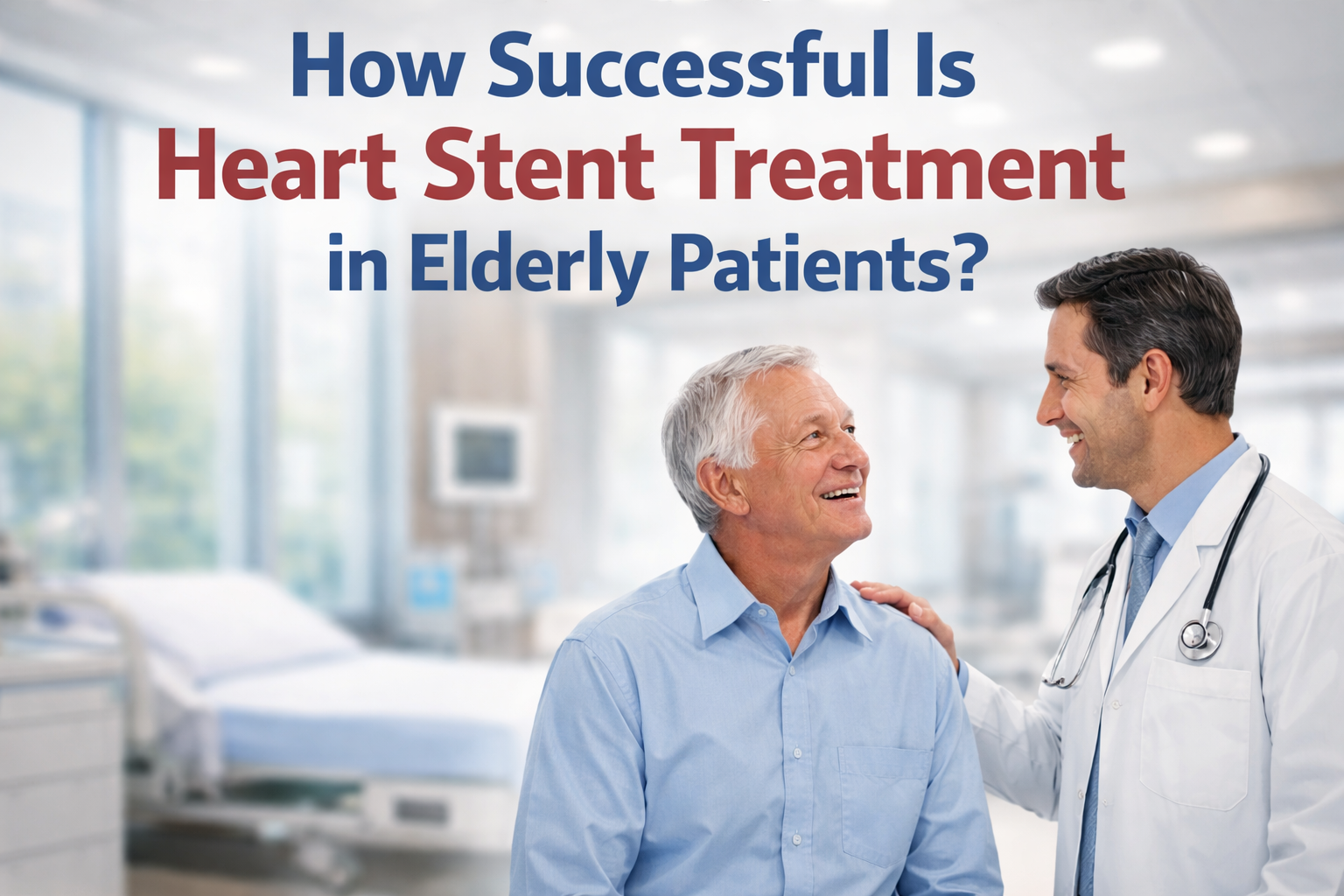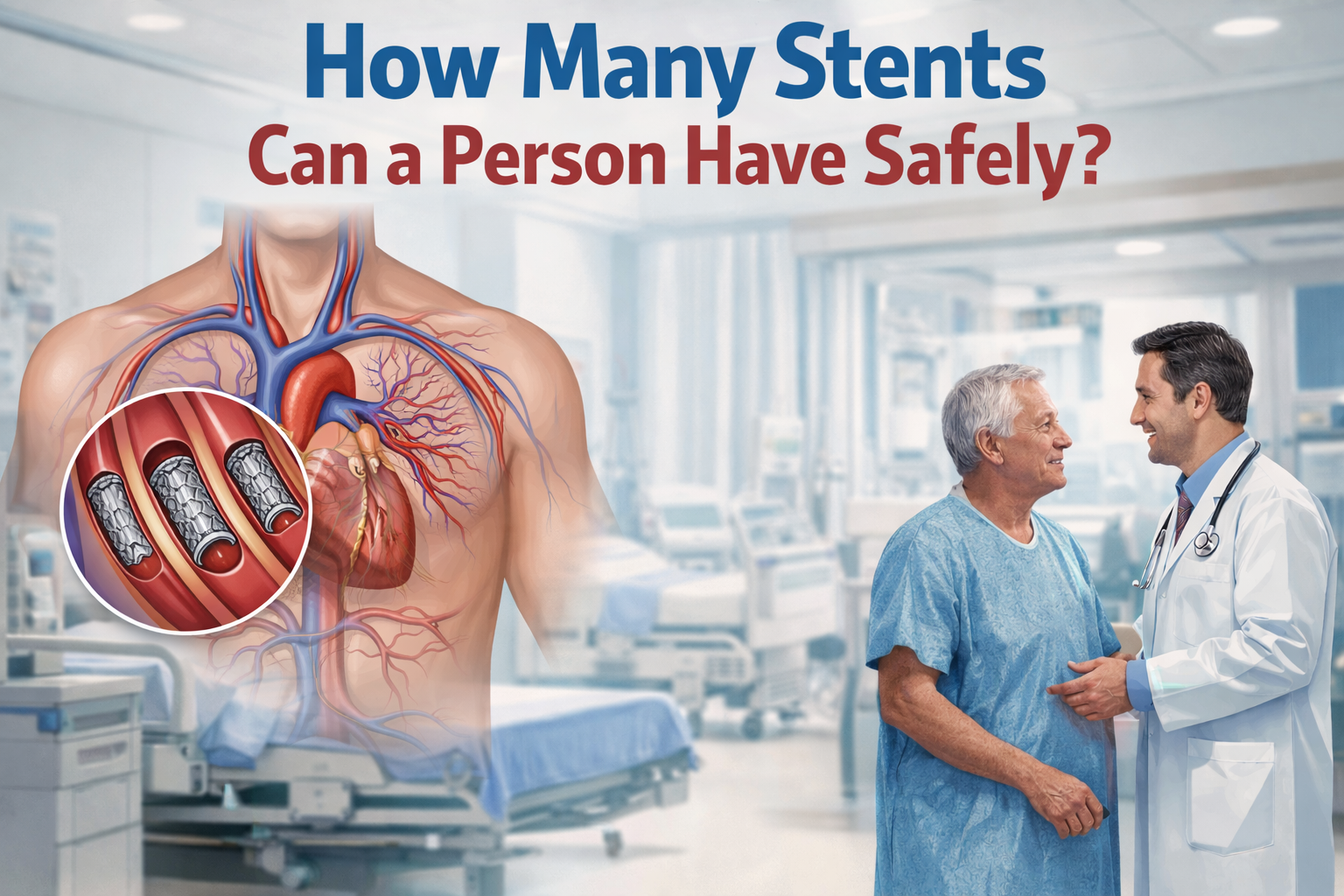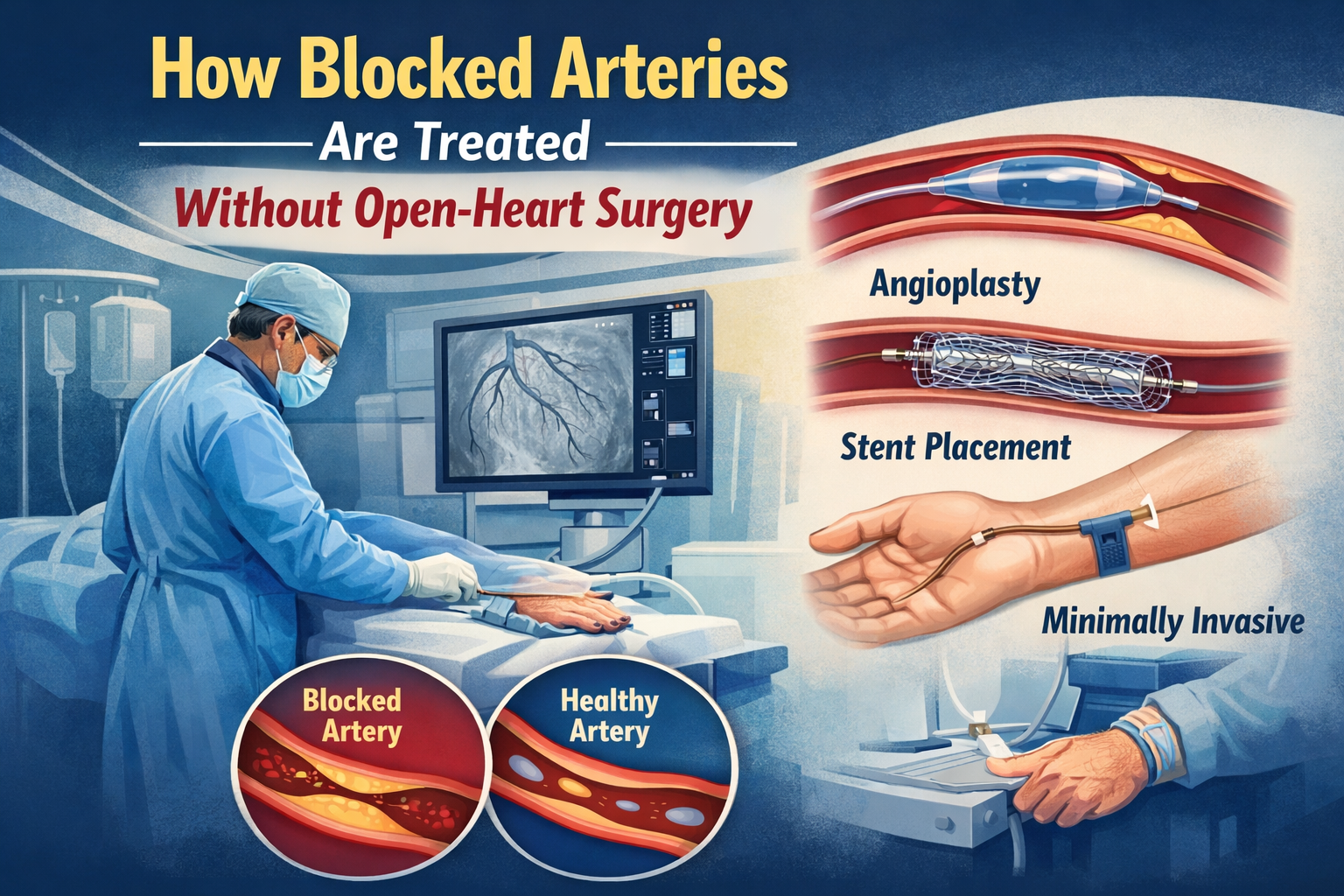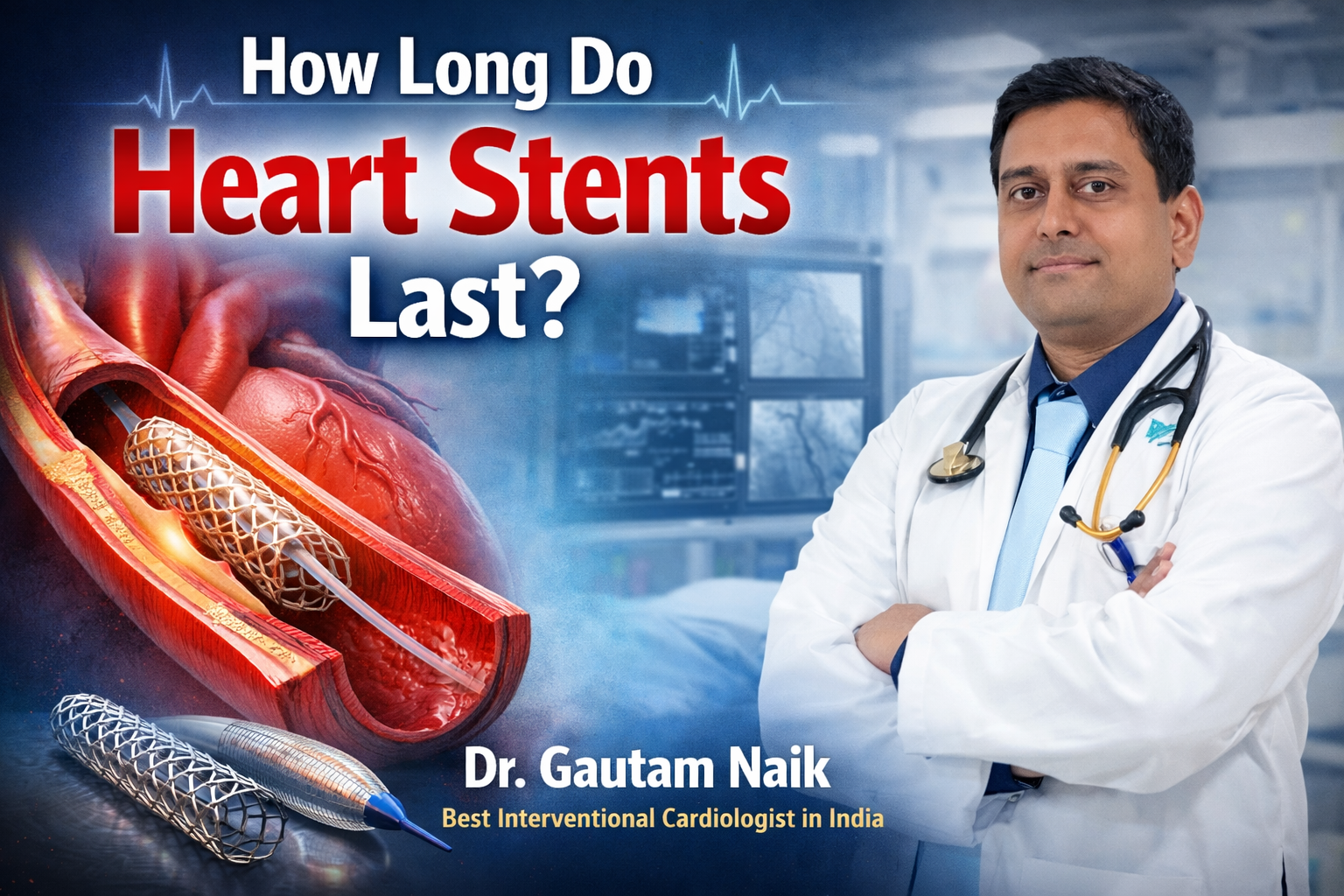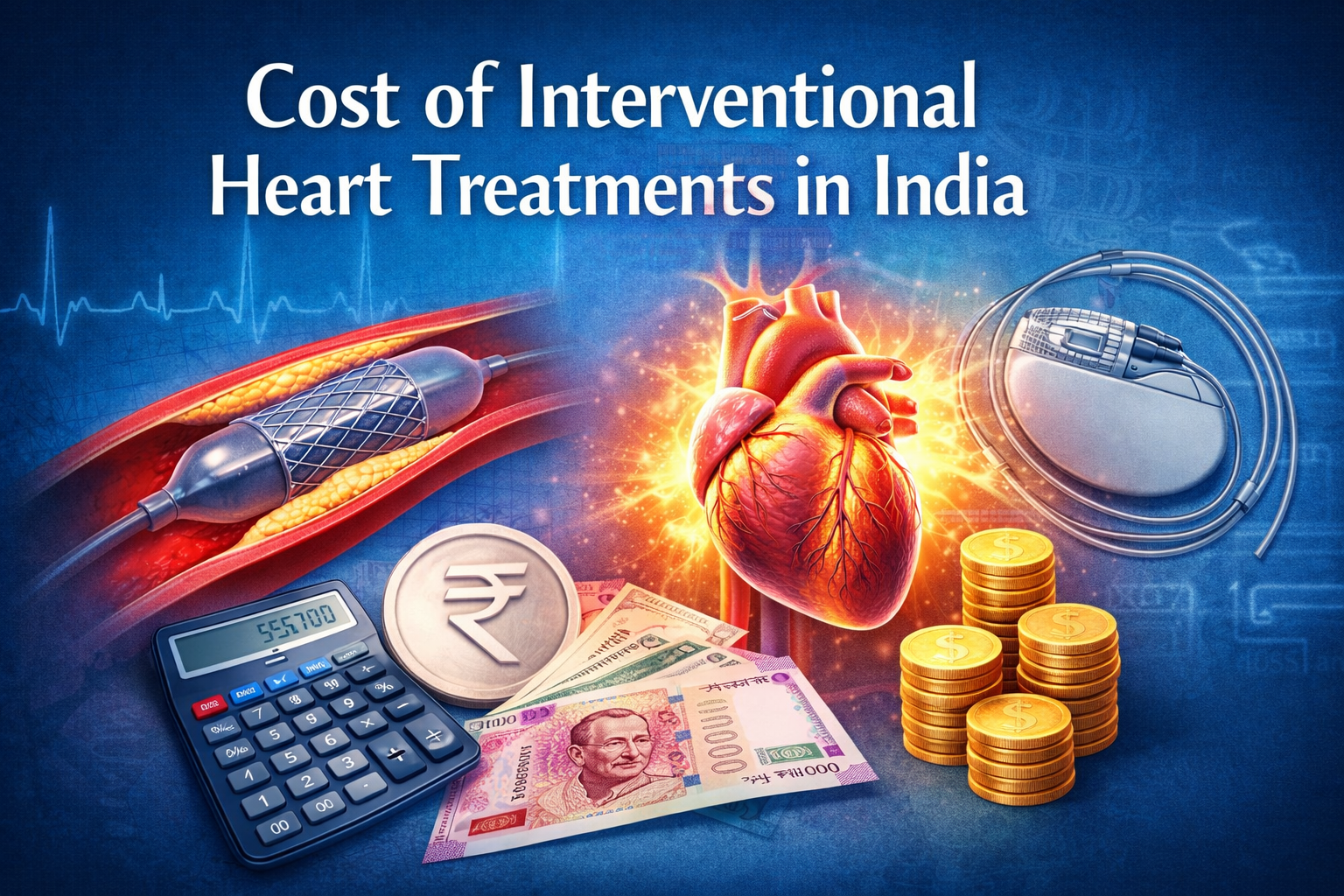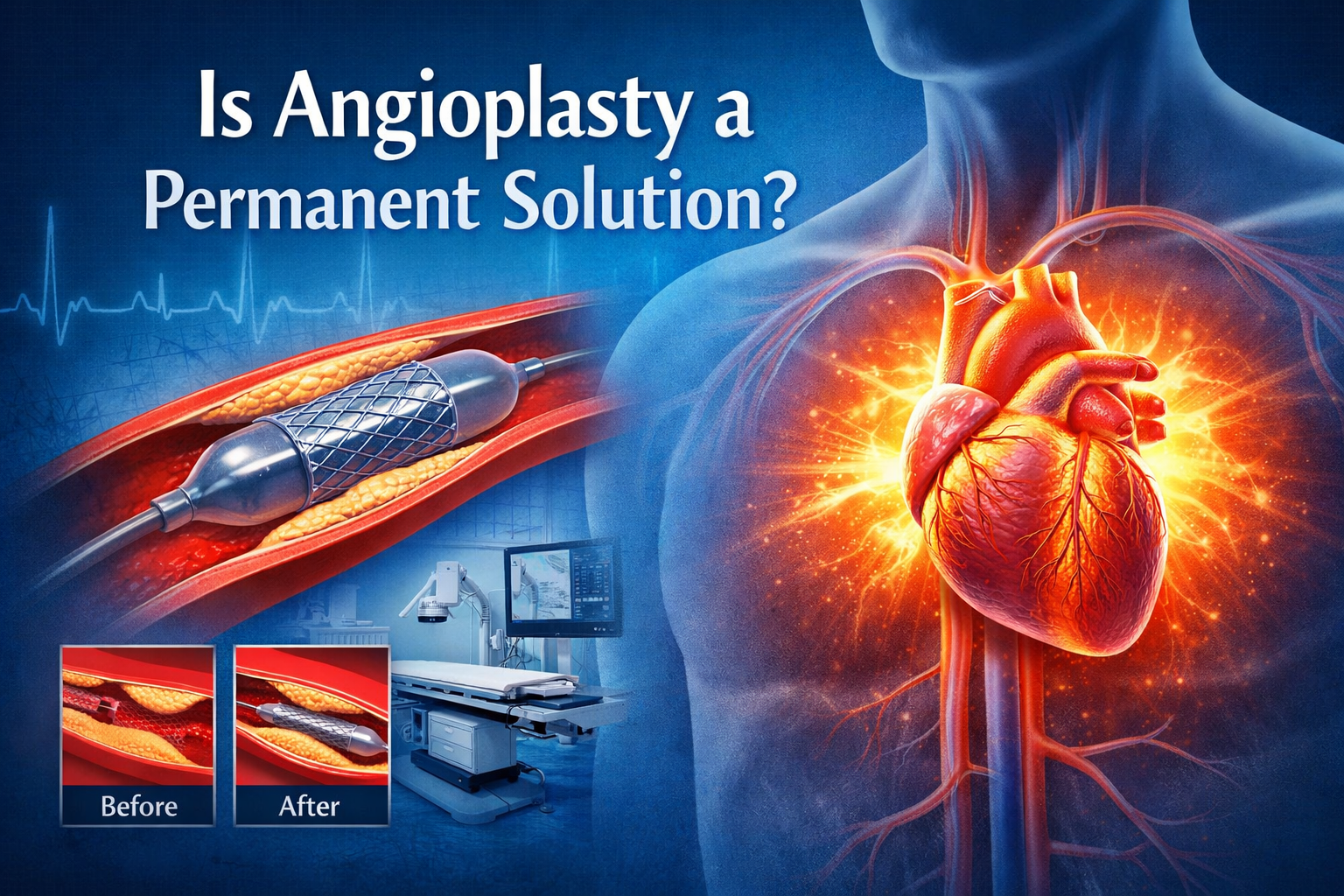Non-Invasive Treatments for Cardiovascular Diseases: A Comprehensive Guide

Cardiovascular diseases (CVDs) are among the leading causes of mortality worldwide. While surgical interventions and invasive procedures like angioplasty and bypass surgery have been critical in saving countless lives, non-invasive treatments for CVDs are rapidly gaining attention due to their safety, minimal recovery time, and proven effectiveness. These advanced approaches not only reduce the risks associated with surgery but also improve overall patient comfort and outcomes. If you’re looking for the best guidance and care, Dr. Gautam Naik, renowned as the best cardiologist in Delhi/NCR, offers world-class expertise in both invasive and non-invasive cardiology.
What Are Non-Invasive Treatments for Cardiovascular Diseases?
Non-invasive treatments are medical techniques that do not require surgical incisions or the insertion of instruments into the body. These treatments focus on diagnostics, management, and therapy to address cardiovascular conditions without the need for invasive interventions. Non-invasive options are often recommended for patients with mild to moderate heart conditions or those for whom surgery poses significant risks.
Types of Non-Invasive Treatments
1. Lifestyle Modifications
- Dietary Changes: A heart-healthy diet low in saturated fats, trans fats, and cholesterol while rich in fruits, vegetables, whole grains, and lean proteins can significantly reduce the risk of heart disease.
- Regular Exercise: Moderate aerobic exercise such as walking, cycling, or swimming strengthens the heart muscle, improves circulation, and lowers blood pressure.
- Stress Management: Techniques like yoga, meditation, and deep breathing exercises help reduce stress, a known contributor to cardiovascular disease.
2. Medications
- Antihypertensives: These drugs help control high blood pressure, a major risk factor for heart disease.
- Statins: Medications that lower cholesterol levels and reduce plaque buildup in arteries.
- Antiplatelet Drugs: Such as aspirin, these reduce the risk of clot formation in patients with coronary artery disease.
- Beta-Blockers: Used to manage arrhythmias and prevent further heart attacks.
3. Cardiac Rehabilitation
A supervised program that includes education, exercise training, and counseling to improve heart health after a heart attack, heart surgery, or other heart-related conditions. Cardiac rehab is a cornerstone of non-invasive cardiovascular care, helping patients regain confidence and health.
4. External Counterpulsation (ECP) Therapy
ECP is a non-invasive treatment for patients with angina or heart failure. The therapy involves inflatable cuffs placed on the legs that compress and release in sync with the heartbeat, improving blood flow to the heart and reducing symptoms of chest pain.
5. Heart Monitoring Devices
- Holter Monitoring: A portable device worn by patients to monitor heart rhythm for 24-48 hours, helping in the diagnosis of arrhythmias.
- Smart Wearables: Devices like smartwatches can track heart rate, irregular rhythms, and other vital parameters, allowing for early detection and intervention.
6. Non-Invasive Imaging Techniques
- Echocardiography: An ultrasound of the heart that evaluates its structure and function.
- Stress Tests: Exercise or pharmacological stress tests to assess how well the heart performs under physical stress.
- CT Coronary Angiography: A detailed imaging technique to visualize coronary arteries without the need for catheterization.
- Cardiac MRI: A detailed, radiation-free imaging modality to evaluate heart structure and function.
Advantages of Non-Invasive Treatments
- Safety: Eliminates the risks associated with surgical procedures, such as infections and complications from anesthesia.
- Minimal Recovery Time: Patients can resume daily activities almost immediately.
- Cost-Effective: Non-invasive treatments are often less expensive compared to invasive procedures.
- Improved Quality of Life: Many non-invasive approaches focus on long-term health improvements through lifestyle and medication management.
Dr. Gautam Naik: Leading the Way in Cardiovascular Care
When it comes to exceptional heart care, Dr. Gautam Naik stands out as the best cardiologist in Delhi/NCR. With years of experience and a patient-centered approach, Dr. Naik specializes in advanced diagnostics, preventive cardiology, and cutting-edge non-invasive treatments. His commitment to providing personalized care has earned him the trust of thousands of patients across the region.
Why Choose Dr. Gautam Naik?
- Expertise in Non-Invasive Cardiology: From ECP therapy to advanced imaging techniques, Dr. Naik is at the forefront of non-invasive cardiovascular treatments.
- Comprehensive Care: He emphasizes holistic management, combining lifestyle changes, medication, and regular monitoring for optimal outcomes.
- State-of-the-Art Facilities: Dr. Naik’s clinic is equipped with the latest technologies to ensure accurate diagnosis and effective treatment.
- Patient-Centric Approach: With a focus on education and empowerment, Dr. Naik ensures that his patients are active participants in their health journey.
Conclusion
Non-invasive treatments for cardiovascular diseases have revolutionized the way we approach heart health. From lifestyle modifications and medication to advanced imaging and therapies, these methods offer safe and effective alternatives to invasive procedures. For residents of Delhi/NCR seeking expert care, Dr. Gautam Naik is the trusted name in cardiology. With his unmatched expertise and compassionate approach, Dr. Naik ensures that every patient receives the best possible care for a healthier heart and a better life.
If you’re looking to take charge of your heart health, don’t wait. Book a consultation with Dr. Gautam Naik today and embark on a journey toward a stronger, healthier heart.

